Women in Circuits and Systems (WiCAS) at LASCAS 2024
Held on Wednesday, February 28th, 2024, from 17:30 to 20:30, in Punta del Este, Uruguay, the Women in Circuits and Systems (WiCAS) event was a collaborative effort organized by Mariana Siniscalchi (Universidad de la República, Uruguay) and Florence Podevin (Université Grenoble Alpes, France). The event was integrated into the International Symposium of the IEEE Circuits and Systems Society (LASCAS 2024), emphasizing the theme "Women in Circuits and Systems: Rhythm of Progress, Focusing on Inclusion." The event aimed to celebrate and empower women in engineering while advocating for diversity and equal opportunities. It comprised three segments:
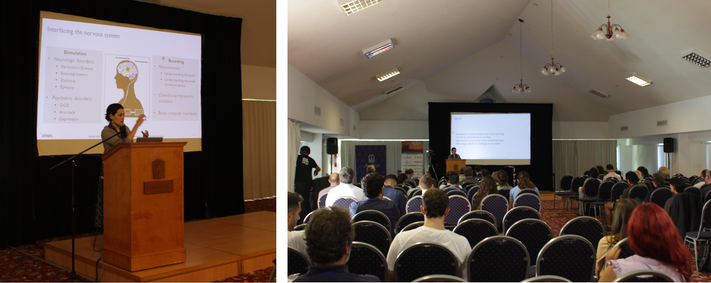
Fig. 1: Carolina Mora-López giving the keynote speech (above)
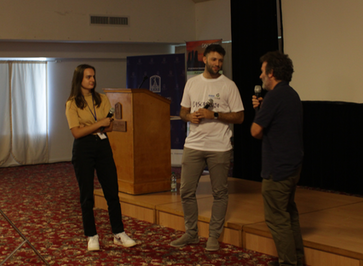
Segment 1: Speak Up (60 minutes)
The event commenced with an insightful keynote/tutorial session featuring Carolina Mora-López from Imec, Belgium, an esteemed expert in circuits and technologies for implantable biomedical devices. Carolina's presentation not only showcased her technical expertise but also served as an inspiration for aspiring women engineers. Her remarkable career journey exemplified the impact of empowered women in the field, setting the tone for the event's focus on empowerment and inclusivity. Her talk was particularly appreciated, drawing an audience of about 70 attendees to the event.
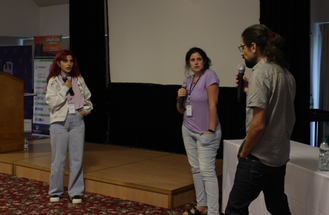
Fig. 2: Scene portraying the Professor and the two students (above)
Fig. 3: Scene portraying the client and the two partners (right)
Fig. 4: Co-chair Florence Podevin moderating the interactive workshop (below)
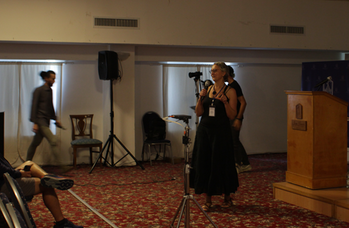
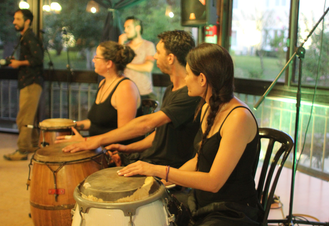
Fig. 5: Musicians at the dancing workshop (right)
Segment 2: Fostering Inclusive Views (30 minutes)
Following the keynote, participants engaged in an interactive workshop aimed at addressing discrimination against women in the engineering workplace. Two typical workplace scenarios in engineering were enacted to illustrate common microaggressions. In the first scene, a male professor and his two Ph. D. students, Julia (she) and Rodrigo (he), were portrayed. The professor assigned technical tasks to Rodrigo and administrative tasks to Julia, reflecting a long-standing distribution of roles. The second scene depicted a female client consulting with a team of partners developing a product, Rosina (she) and Andrés (he). The client assumed Andrés, the male, to be the team leader, disregarding Rosina's contributions. After the scenes were enacted, attendees discussed potential actions they would have taken if they were involved in the situations presented. They explored strategies to support the targeted woman from the perspective of various characters. Audience participation enriched the discussion, providing diverse viewpoints and fostering learning opportunities for all. The inclusive nature of the event, with a diverse group of participants, greatly facilitated meaningful exchanges. An open-minded discussion emerged, particularly focusing on the nature of solutions that should encompass both vertical, top-down approaches, commonly seen in WiCAS event organization worldwide, and horizontal approaches, akin to the stance individuals adopt in their daily lives.
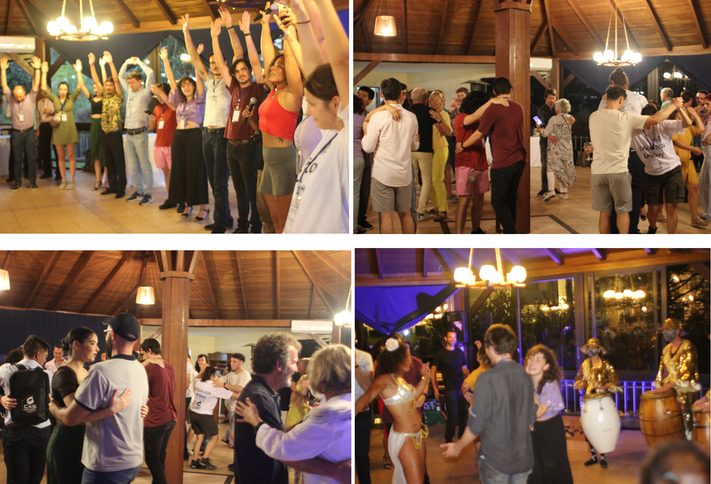
Fig. 6: Dancing workshop and cocktail (above)
Segment 3: Embrace the Rhythm of Diversity and Taste and Socialize (90 minutes)
Participants engaged in an inclusive dance workshop, delving into traditional Uruguayan dances, celebrating diversity and fostering a sense of empowerment and self-expression. Led by seasoned instructors, the workshop showcased Uruguayan culture and underscored the shared experiences of individuals in engineering and dance.
The limited presence of women at the conference quickly became apparent, prompting reflection among the audience. As a result, men partnered up for the dance, which may have posed a challenge for some, further stimulating thought and discussion. Eventually, participants adapted to the circumstances and fully embraced the activity, seizing the opportunity to learn something new.
The event smoothly transitioned into a relaxed cocktail reception, facilitating networking and reflective discussions, fostering connections, and camaraderie among attendees.
The WiCAS co-chairs express their gratitude to the LASCAS 2023 organizing committee and deeply thank the IEEE Circuits and Systems Society for the financial support. Special thanks to Mariana del Castillo, Rocío Cabral, Andrés Seré, Julia Azziz, Varinia Cabrera, Leonardo Steinfeld, Rodrigo García and Rosina D’Eboli.
Mariana Siniscalchi and Florence Podevin